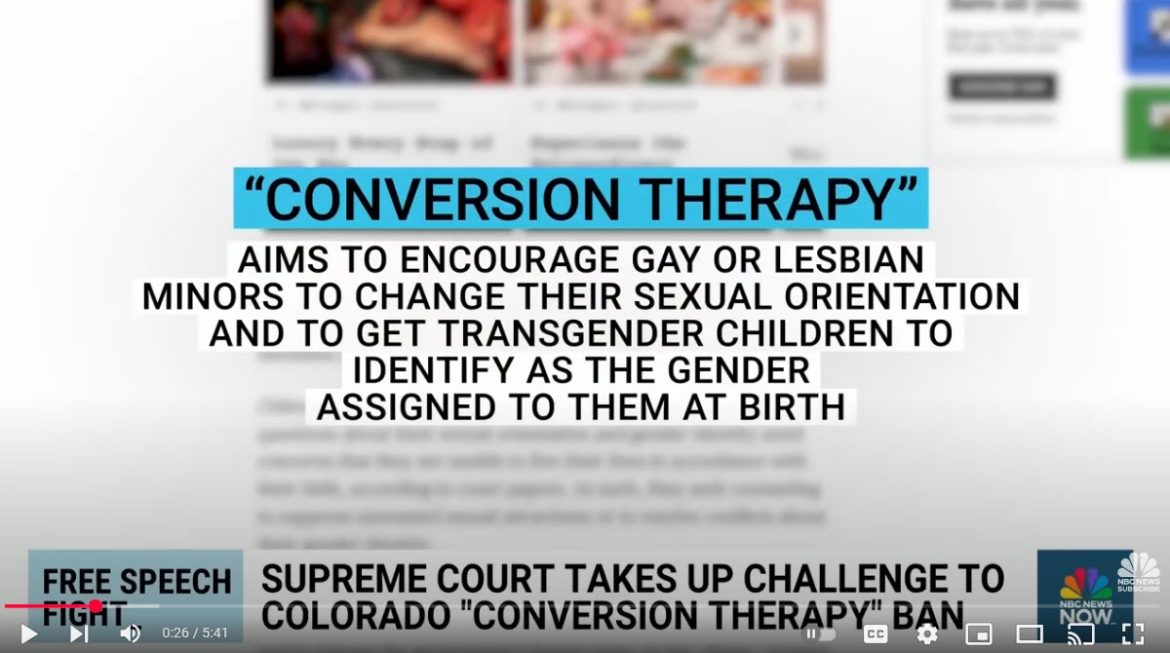The United States Supreme Court has agreed to hear a challenge to Colorado’s 2019 law that bans conversion therapy for minors, a practice aimed at changing an individual’s sexual orientation or gender identity. This decision could have significant implications for similar laws across more than 20 states.
The challenge is brought by Kaley Chiles, a licensed Christian therapist from Colorado Springs, who argues that the ban violates her First Amendment rights to free speech and the free exercise of religion. Chiles contends that the law restricts her ability to provide faith-based counseling to clients seeking guidance on their sexuality.
Colorado’s law prohibits licensed mental health professionals from engaging in conversion therapy with individuals under 18, citing evidence that such practices are ineffective and potentially harmful. Major medical organizations, including the American Medical Association and the American Psychological Association, have discredited conversion therapy due to its association with increased risks of depression, anxiety, and suicidal behavior among LGBTQ+ youth.
Lower courts have upheld Colorado’s ban, determining that it regulates professional conduct rather than suppressing free speech. However, the Supreme Court’s decision to hear this case signals a willingness to re-examine the balance between state regulations protecting public health and individual constitutional rights.
The Court’s ruling, expected by June 2026, could either reinforce or invalidate existing bans on conversion therapy nationwide, thereby influencing the legal landscape surrounding LGBTQ+ rights and the extent of state regulatory power over professional practices.



